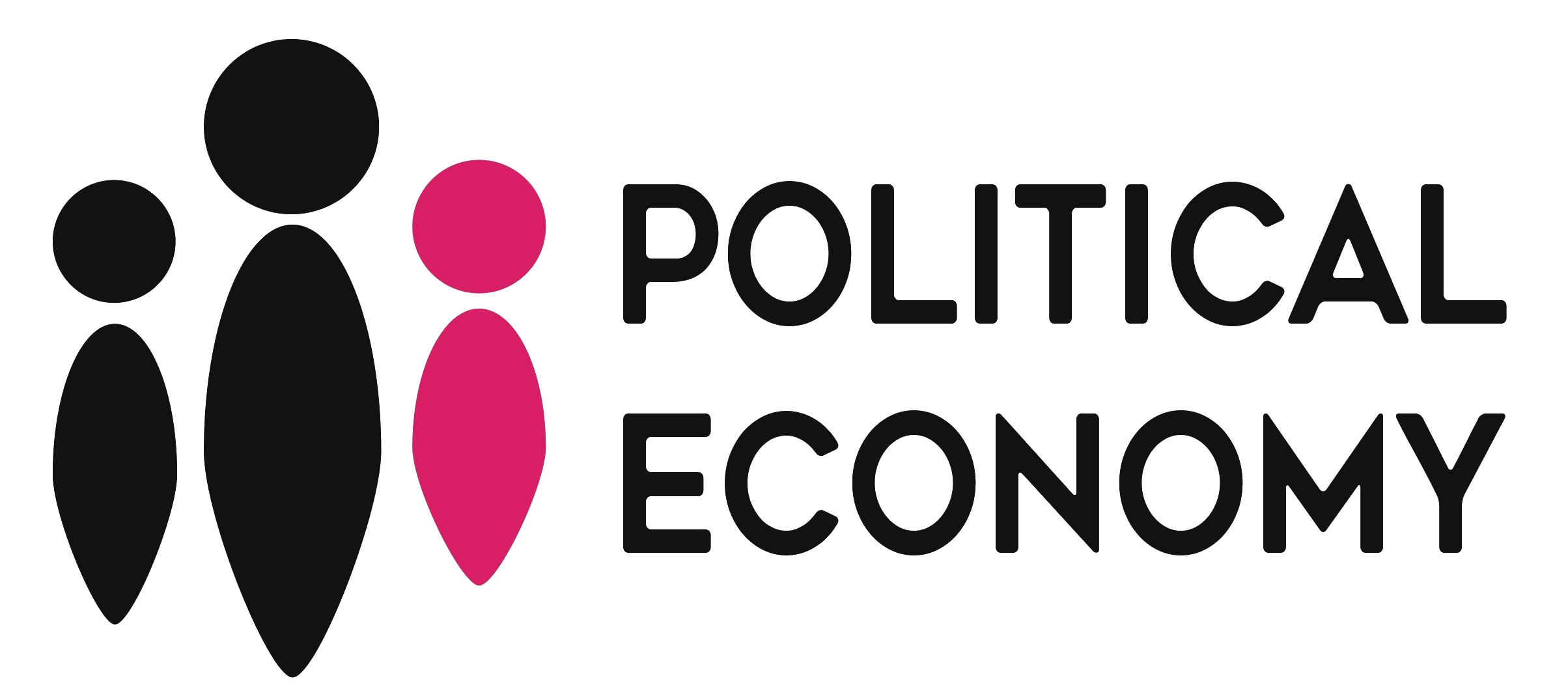Institutions, Morals and Human Behavior
- Typ: Seminar (S)
- Semester: SS 2015
-
Zeit:
2015-04-20
14:00 - 15:30 täglich
20.12 Raum 002 20.12 Kollegium am Schloss - Bau II
2015-06-15
09:45 - 19:30 täglich
20.12 Raum 002 20.12 Kollegium am Schloss - Bau II
-
Dozent:
Prof. Dr. Nora Szech
- SWS: 2
- LVNr.: 2560553
| Notes | Participation will be limited to 12 students. |
| Prerequisites | None. Knowledge in the field of experimental economic research or behavioral economics as well as in the field of microeconomics and game theory may be helpful. |
| Description | Personality traits such as cooperativeness, competitiveness, trust and compassion are crucial for our society. For example, a high level of cooperativeness could help overcoming public good problems such as the prevention of climate change. For another example, without a certain level of trust, commerce would be difficult up to impossible (Arrow 1972). Is it possible to influence these important traits? Can we induce specific behaviors in consumers and households? Are long term effects possible? Questions of this kind will be studied in our block seminar. With the support of our chair, students develop their own ideas for the design of an economic experiment or field of study. Impulses may be received from Urs Fischbacher (e.g. on cooperation), Cass Sunstein (e.g. on nudging), Elke Weber (e.g. on decision architectures), Nobel Prize awarded economist James Heckman (e.g. on fostering of specific skills), Ernst Fehr (e.g. on egalitarianism and fairness), Uri Gneezy (e.g. on incentives and intrinsic motivations). Students may work individually or in pairs of two. Working in teams of two is being recommended. The seminar starts with an introductory meeting at the beginning of the semester. Ideas for experiments or field studies will be presented in a block event in July 2015, each presentation lasting about 25 minutes. Seminar papers of 8 – 10 pages are to be handed in by August 16th, 2015. Grades will be based on the quality of presentations and discussions in the seminar (50%), and the seminar paper (50%). Participation will be limited to 12 students. For further questions, please contact Jannis Engel (jeroen.engel@kit.edu). |
| Bibliography | Urs Fischbacher (e.g. on cooperation), Cass Sunstein (e.g. on nudging), Elke Weber (e.g. on decision architectures), Nobel Prize awarded economist James Heckman (e.g. on fostering of specific skills), Ernst Fehr (e.g. on egalitarianism and fairness), Uri Gneezy (e.g. on incentives and intrinsic motivations). |
| Comment | Students may work individually or in pairs of two. |
| Entryrequirements | None. |
| Shortdescription | With the support at our chair, students develop their own ideas for the design of an economic experiment or field study on the topic. |
| Workload | About 90 hours. |
| Target audience | Bachelor and Master students of the fields Industrial Engineering and Management, Information Engineering and Management, Economics Engineering or Economathematics. |
| Aim | The student develops an own idea for an economic experiment in this research direction. |

